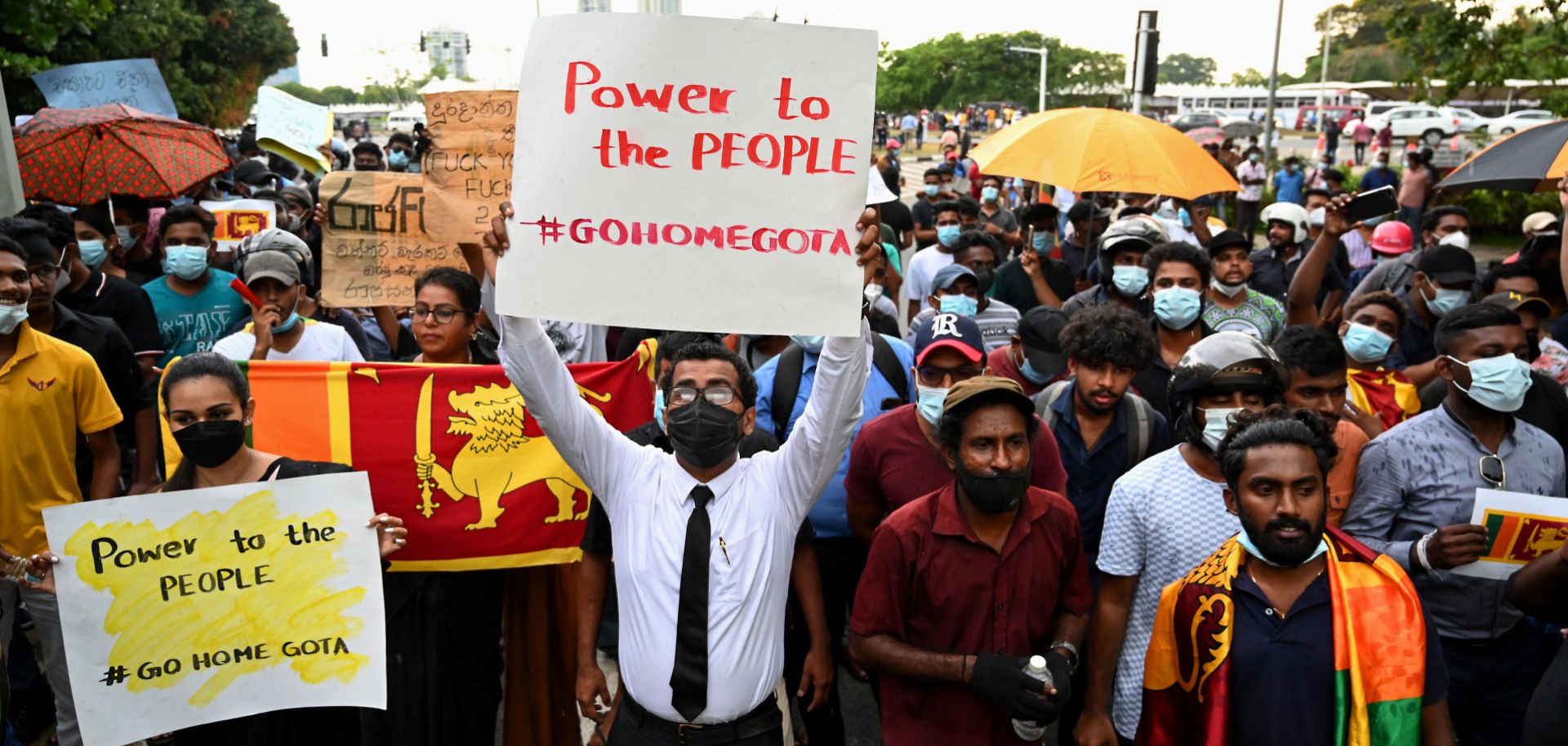Sri Lanka’s unprecedented economic hardships will last at least two more years, according to the country’s finance minister, who also warned of an impending cash crunch.
Months of outages and severe food, fuel, and medication shortages have wreaked havoc on the South Asian island nation.
The government’s mismanagement of the economic crisis, Sri Lanka’s worst since independence in 1948, has generated ongoing rallies demanding that it resign.
“The truth should be known by everybody.” Finance Minister Ali Sabry told parliament, “I don’t know if people realise the depth of the situation.”
“We won’t be able to fix this dilemma in two years, but the measures we take now will determine how long this problem continues to linger.”
According to Sabry, the country today has less than $50 million in usable foreign exchange reserves, which are needed to finance crucial products to keep Sri Lanka’s import-dependent economy afloat.
Official data suggests that the country has $1.7 billion in reserves, but that amount includes a Chinese currency exchange that cannot be used to pay for imports from other nations.
Sabry believes the administration made a mistake by delaying a bailout request to the International Monetary Fund.
[embedpost slug=”sri-lanka-have-gone-strike-to-demand-that-govt-resign/”]
Negotiations with the IMF are ongoing, but the central bank governor of Sri Lanka has stated that any support from the lender will take months.
The administration will shortly release a new budget, which will include tax increases to replenish state revenue.
“Sharpening tax cuts in 2019 was a historic mistake,” Sabry said, adding that the former central bank chief had also made a mistake by depleting foreign reserves to preserve Sri Lanka’s overvalued currency.
Sri Lanka’s economic problems began when the coronavirus outbreak decimated tourism and remittance revenues.
Because utilities have been unable to pay for fuel imports, they have imposed daily blackouts to restrict electricity, while huge lines of people snake around service stations for gas and kerosene.
Hospitals are running low on essential medicines, prompting the government to ask for donations from residents around the world.
Sri Lanka announced last month that it would default on its $51 billion foreign debt.
President Gotabaya Rajapaksa has indicated that he is willing to establish a unity government to help the country navigate through the issue.
However, the opposition has refused to work with a government that includes the president or any other members of the strong Rajapaksa family.
For nearly a month, protesters have been camped outside the president’s seaside office, pressuring him to resign.
Trade unions have announced that they will strike again on Friday in order to compel the entire administration to resign.




















